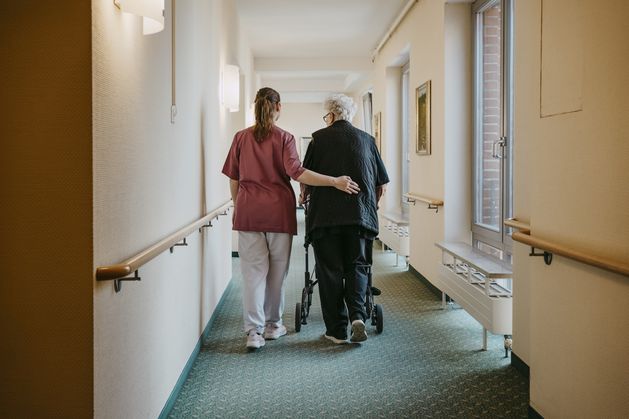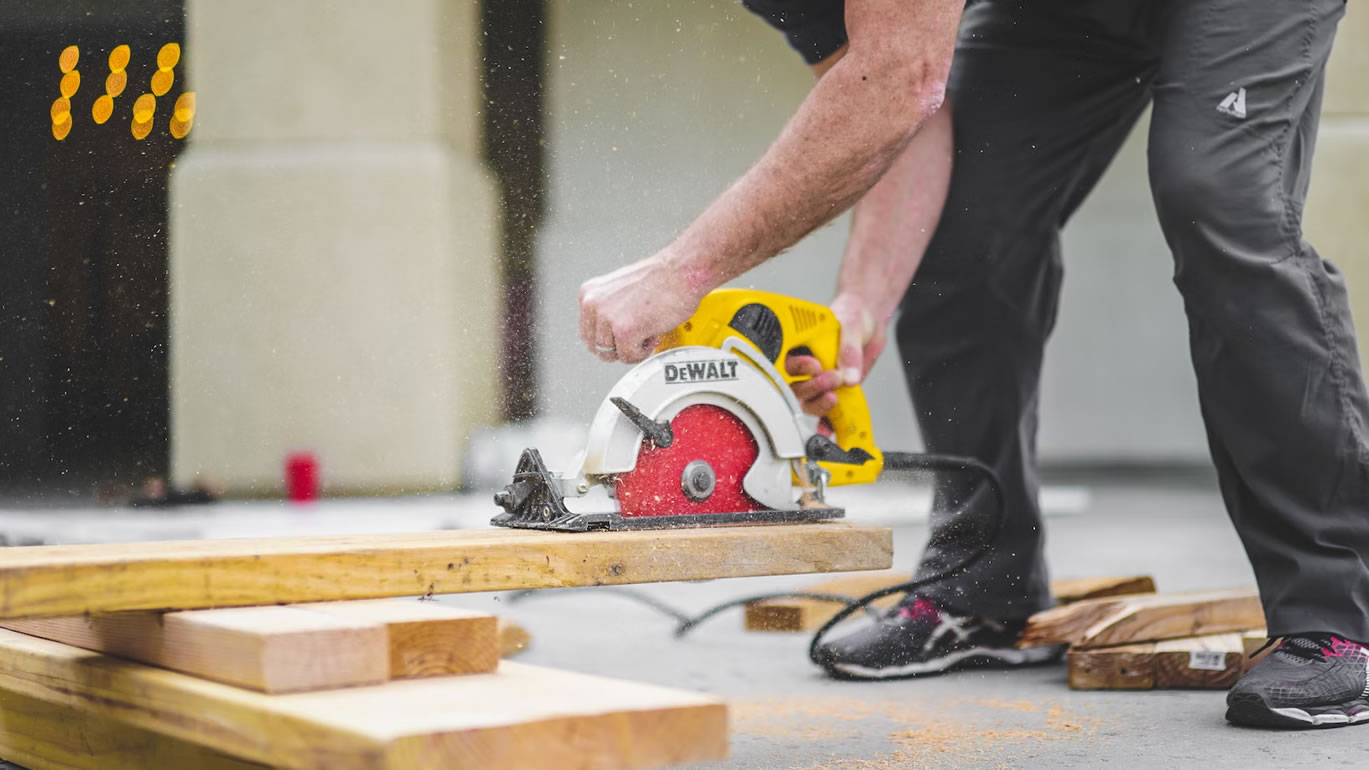#long-term-care
#long-term-care
[ follow ]
#medicaid #healthcare #home-care #ontario #family-caregiving #estate-planning #health-policy #retirement-planning
fromCity Limits
4 days agoOpinion: Aging in Place Shouldn't Cost Everything You've Worked For
Every day at Encore Community Services in Midtown Manhattan, I meet older New Yorkers who worked their whole lives and now face an impossible choice. They can drain their savings to pay for home care, or try to live without the help they need to stay safe at home. Medicaid, the public insurance program for people with very low incomes, will pay for long-term home care.
US politics
Higher education
fromInside Higher Ed | Higher Education News, Events and Jobs
1 week agoAbruptly Joining the Sandwich Generation
Sudden long-term care needs for an elderly parent can quintuple monthly expenses and create major financial and logistical burdens for geographically dispersed family caregivers.
fromSan Francisco Bay Times
1 month agoSecure Your Medi-Cal Future: Asset Protection Trusts and Stacked Gifting Strategies for 2026 - San Francisco Bay Times
Medi-Cal is California's program that helps people with low incomes pay for healthcare, like doctor visits or nursing home care. Starting January 1, 2026, Medi-Cal will check your assets-things like savings or a second home-to see if you qualify. If you have more than $130,000 (or $195,000 for couples), you might not get benefits unless you plan smartly. Trusts and stacked gifting are two ways to keep your assets safe while still getting Medi-Cal help.
Public health
fromNature
1 month agoCan We Fix America's Dementia Care Crisis before It's Too Late?
The rate of Alzheimer's diagnosis has declined steadily in recent decades, but as baby boomers age, the number of new cases continues to rise. The top risk factor for dementia is age, and by 2030 more than one in five Americans will be 65 or older. That means the prevalence of Alzheimer's in the U.S. could exceed 13.8 million people by 2060.
Public health
fromSocial Media Explorer
4 months agoThe Cost of Growing Older: States Struggling and Succeeding in Senior Care in 2025 - Social Media Explorer
Florida ranks high for retiree satisfaction thanks to its climate and amenities, but struggles with nursing home affordability, affecting its overall quality of life for older adults.
Retirement
[ Load more ]


